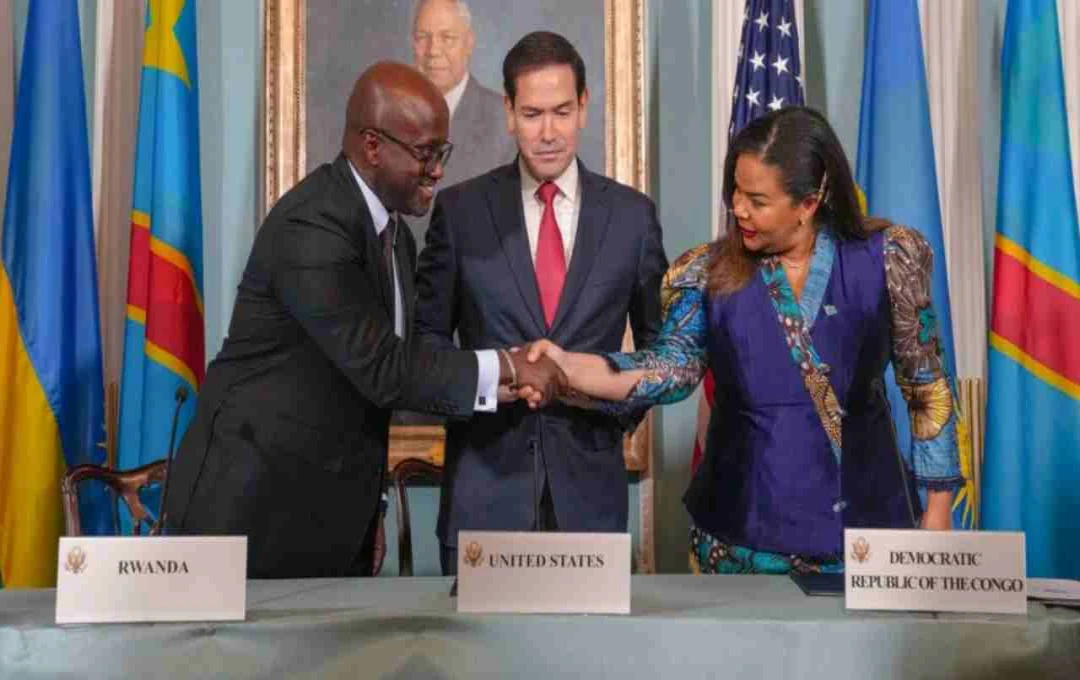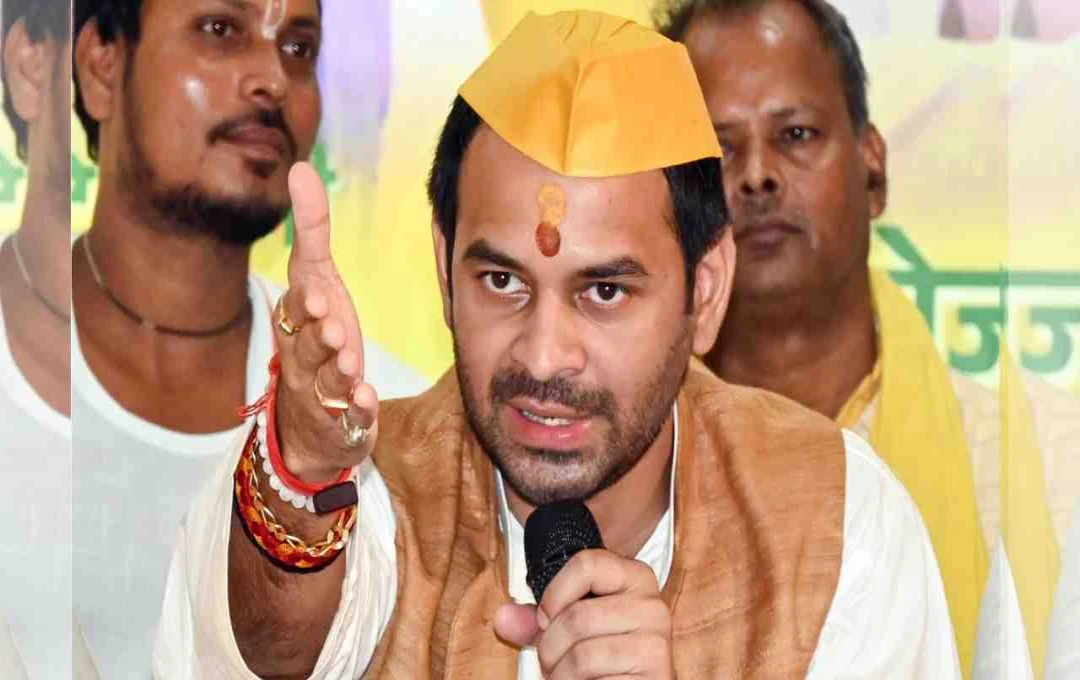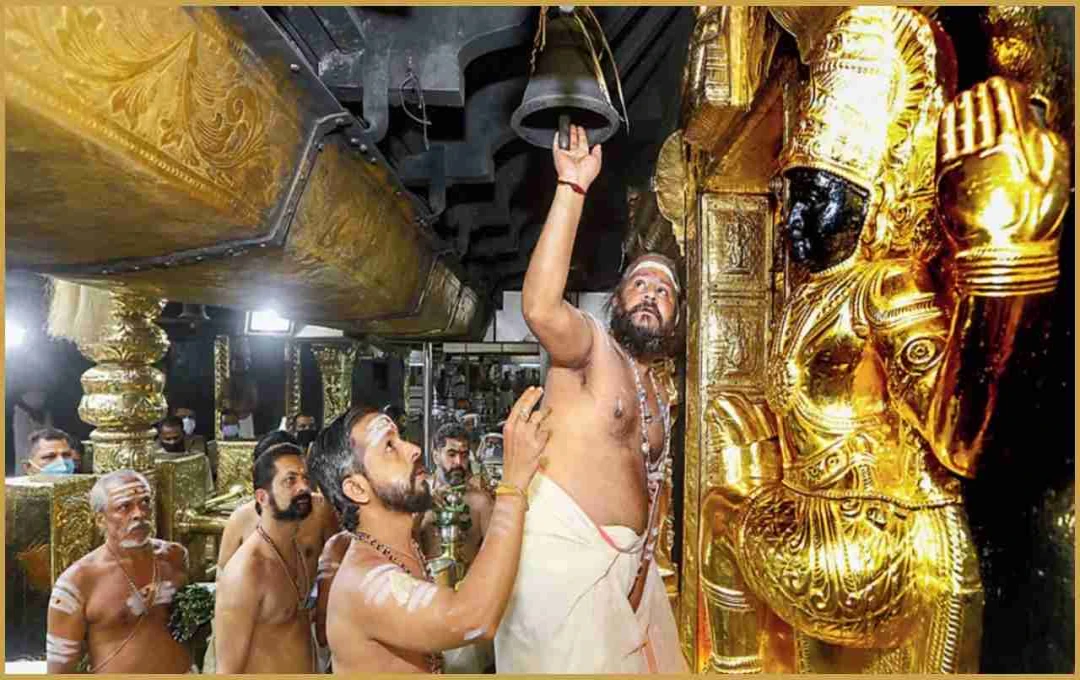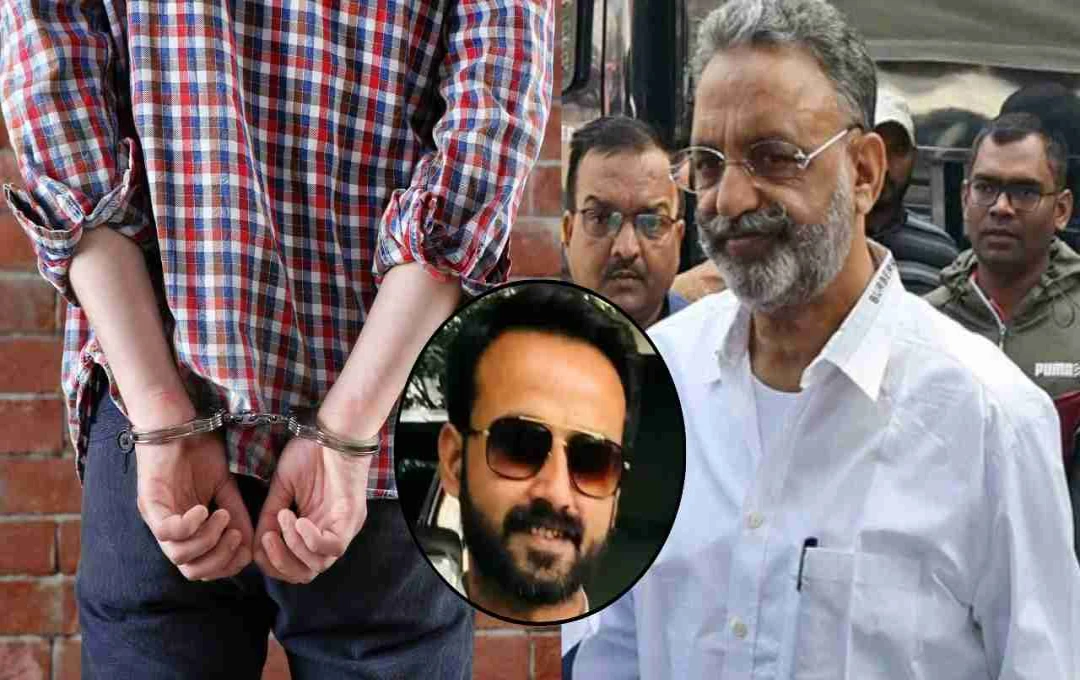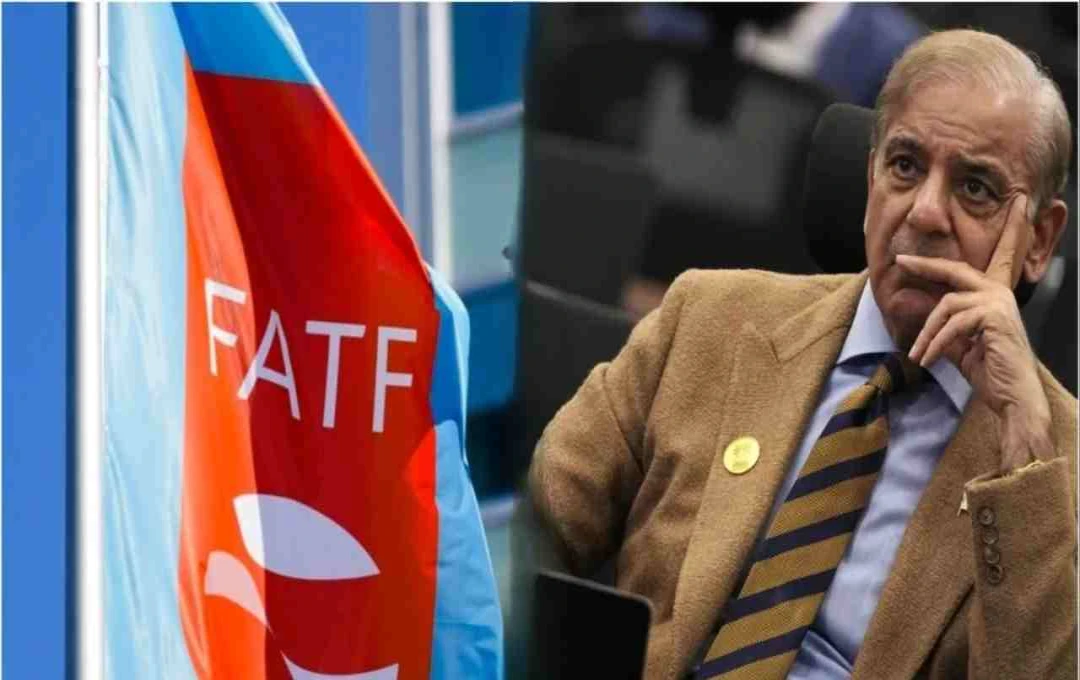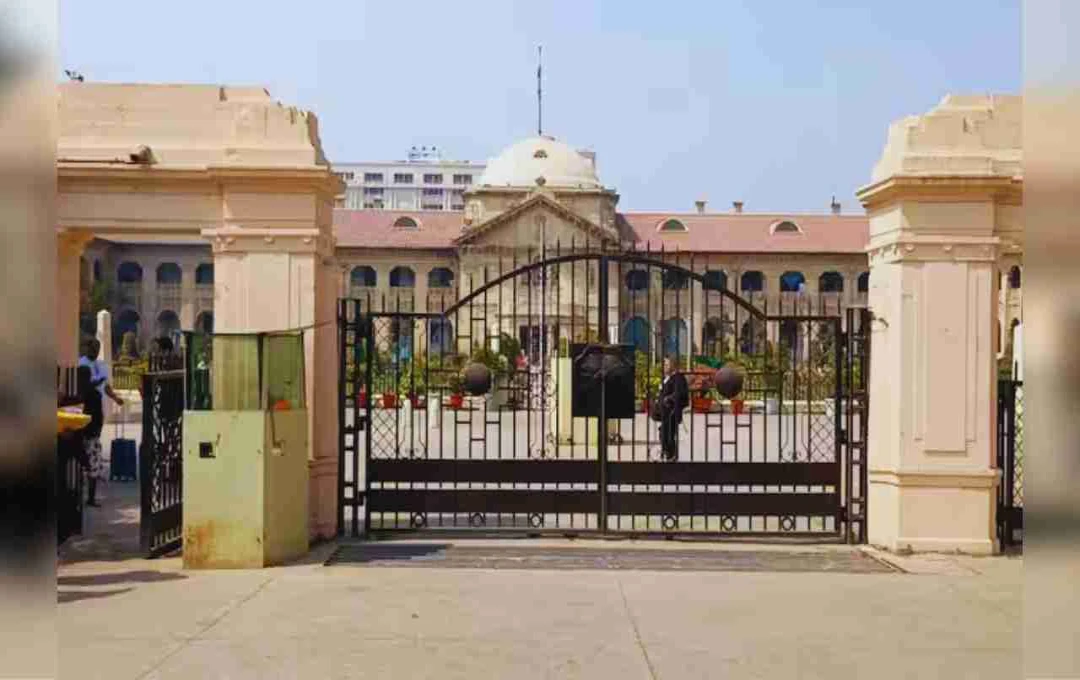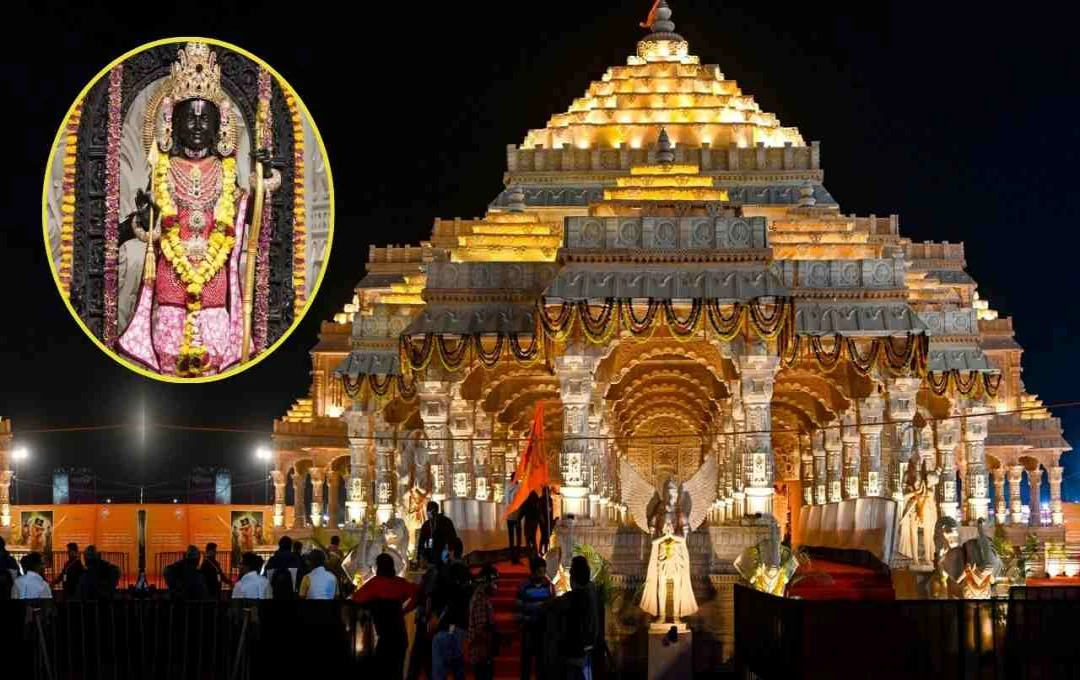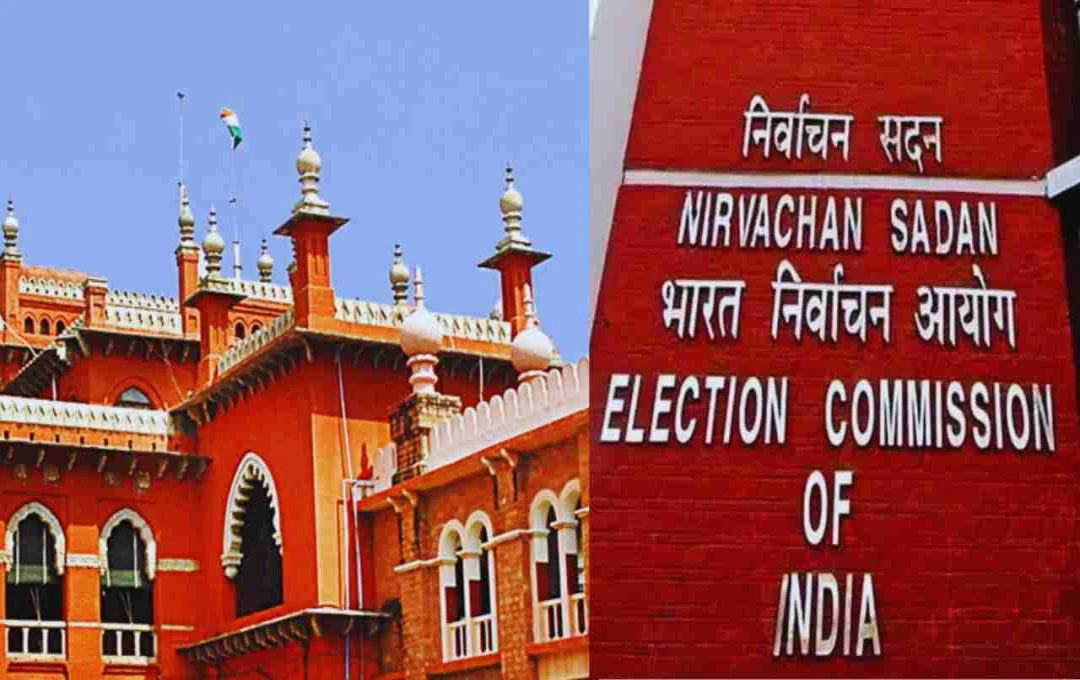A historic and significant step has been taken towards ending the years of violence and bloody conflict in eastern Congo, a troubled region of the African continent.
Congo-Rwanda Ceasefire: A historic step has been taken to end nearly three decades of violence and conflict in eastern Congo, a troubled region of the African continent. The Congo government and the Rwanda-backed M23 rebel group have signed a permanent ceasefire agreement. With this agreement, one of Africa's longest and bloodiest conflicts is expected to come to a halt.
Why is this conflict called 'Africa's World War'?
The ongoing war in eastern Congo is called 'Africa's World War'. This is because more than nine African countries and hundreds of armed groups have been directly or indirectly involved in this conflict. Since the 1990s, this violence gradually spread to such a large extent that it is estimated that more than 5 million people have been killed or displaced.
The United Nations has described this conflict as one of the world's most complex and serious humanitarian crises. It has involved ethnic violence, political instability, control over mineral resources, and border disputes.
What was decided in the ceasefire agreement?
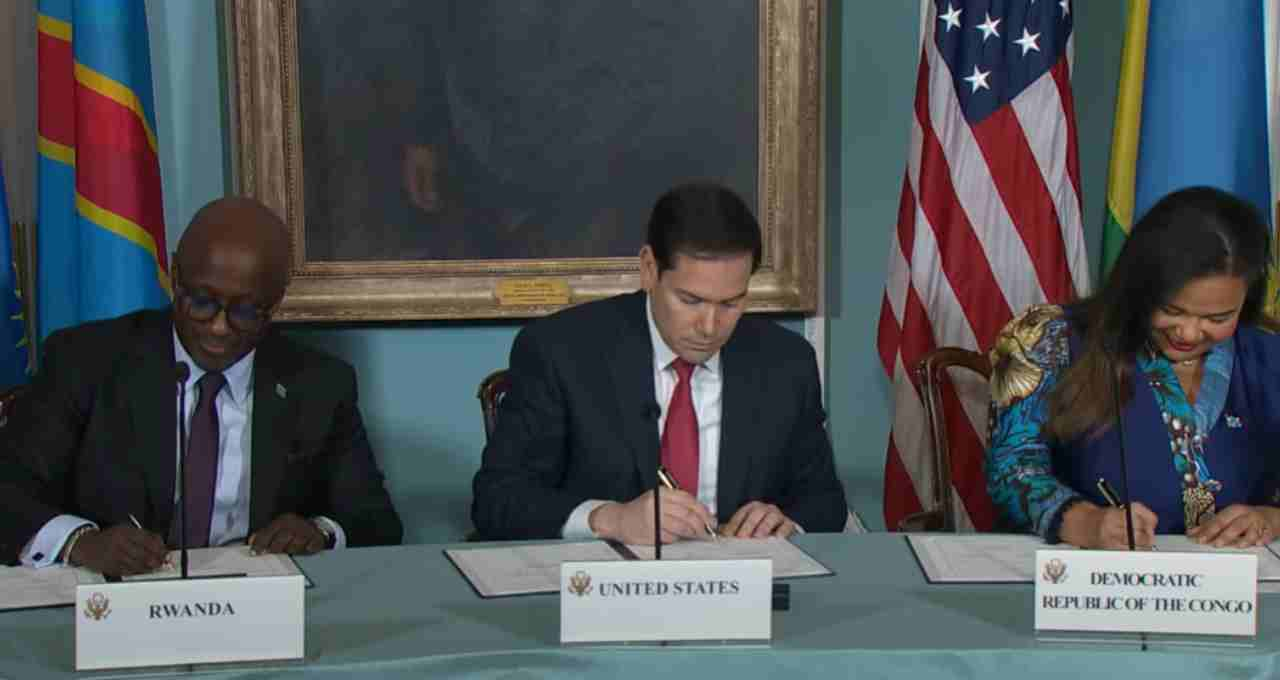
This historic agreement was mediated by the United Nations and the African Union. Representatives of the Democratic Republic of Congo (DRC) and the Rwanda-backed M23 rebel group participated in it. In this meeting held in Qatar, it was decided that:
- All parties will implement a ceasefire with immediate effect.
- They will withdraw from the occupied territories.
- A final agreement will be signed within a month for a permanent peace process.
- Arrangements will be made for the return of displaced civilians and humanitarian assistance.
- The President of Congo, Felix Tshisekedi, described this agreement as 'the first concrete step towards peace', while the Rwandan government also called it a positive initiative.
Why the three-decade-old dispute between Congo and Rwanda?
The roots of this violence are linked to the 1994 Rwandan genocide, in which about 800,000 Tutsis and moderate Hutus were killed. After this, a large number of Hutu refugees fled to Congo (then Zaire), including those accused of genocide. Rwanda began to interfere in eastern Congo to deal with these extremist Hutu groups, and this is where the Congo-Rwanda tension began.
- First Congo War (1996-1997): Rwanda and Uganda jointly supported Laurent Kabila against the Mobutu regime and brought him to power. This conflict started over the resources and security of eastern Congo.
- Second Congo War (1998-2003): This is also called Africa's World War. Armies of nine countries including Rwanda, Uganda, Angola, Zimbabwe, Namibia and many armed groups were involved in it. More than 5 million people were killed or displaced in this war.
The Rise and Role of the M23 Rebel Group
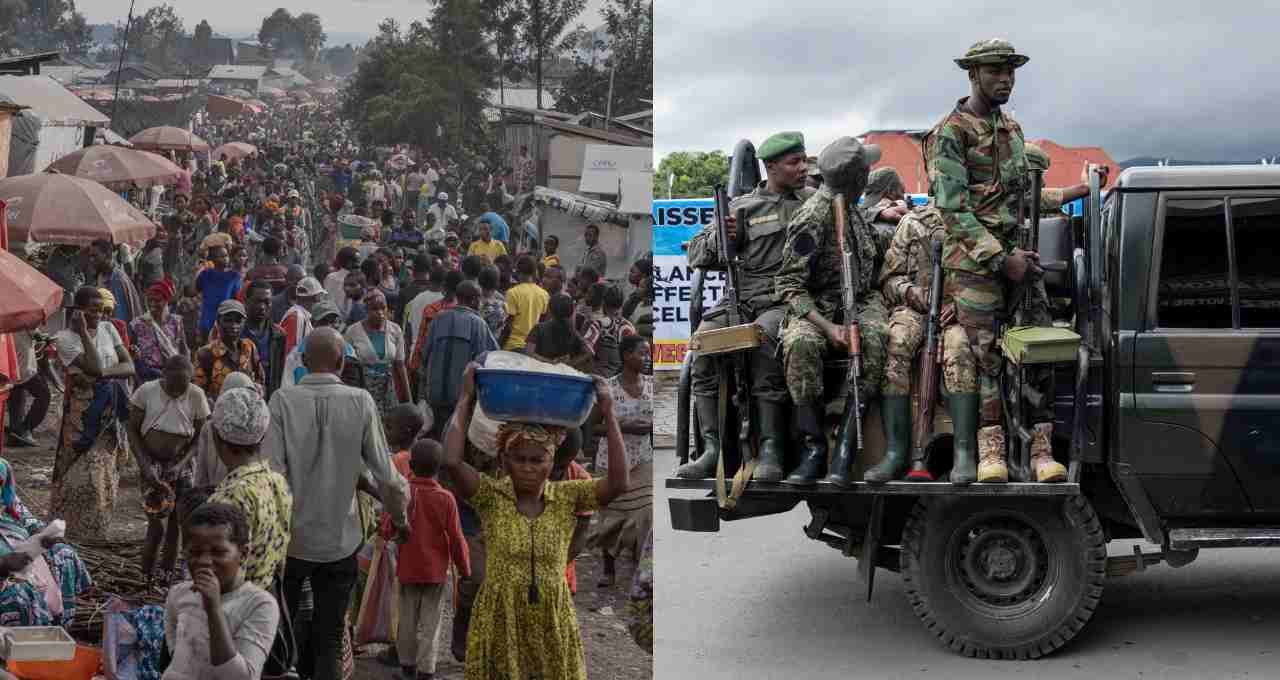
After 2003, many armed groups remained active in eastern Congo. One of the major groups among them is the M23 (March 23 Movement), which is believed to be supported by Rwanda. In 2012, M23 once again started fighting and captured Goma, a major city in Congo. Since 2021, this group has become active again and started capturing large parts of eastern Congo, rich in mineral resources.
The Congo government has been constantly accusing Rwanda of supporting M23, although Rwanda denies these allegations. Evidence of Rwanda's support has been found in many international reports.
More than 7 million people have been displaced
Due to the ongoing conflict in Congo, more than 7 million people have been forced to leave their homes. According to the UN, eastern Congo is still among the areas with the largest humanitarian crisis in the world. Apart from M23, more than 100 armed groups are active here who are constantly committing violence in the name of controlling minerals, ethnic dominance and security.
United Nations Secretary-General Antonio Guterres has welcomed this agreement and expressed hope that this historic step will lead to lasting peace.
However, experts believe that the success of this ceasefire will depend on how honestly both sides adhere to it.
